By Roy Morris, Jr.
Among the small battalion of war correspondents on hand to witness the charge up San Juan Hill on July 1, 1898, was a slender, sallow young writer named Stephen Crane. Despite his unprepossessing appearance, Crane was regarded with something like awe by his fellow correspondents. He had recently published the greatest Civil War novel ever written, The Red Badge of Courage, and he wore about him an unmistakable aura of brilliance and doom. Suicidally careless in the face of gunfire, no one, perhaps not even Crane himself, expected him to live much longer.
That would have been fine with Colonel Theodore Roosevelt of the 1st Volunteer Cavalry, better known as the “Rough Riders.” Besides being the young romantic writer’s only real competition in the personal charisma sweepstakes in Cuba, Roosevelt had known Crane for several years and did not particularly like what he saw. Indeed, the two had an unhappy history going back to the much-publicized incident involving the writer, a pretty young prostitute, and a corrupt police officer destined to die on the electric chair.
The Matter of Dora Clark
The trouble started late one evening in September 1896, when Crane ran into a trio of “showgirls” at a saloon in New York’s infamous Tenderloin district. He was researching, he said, a series of articles on the city’s night life for William Randolph Hearst’s New York Journal. Some time in the early morning hours of September 16, Crane and the women left the saloon and began walking down Broadway. While Crane was putting one of the women in a street car, a plainclothes policeman named Charles Becker approached the others and arrested one of them, Dora Clark, for soliciting. Crane loudly protested Clark’s arrest and showed up in court the next morning to testify that she was innocent. Somewhat surprisingly—Clark was a well-known prostitute—the judge released her. She immediately sued Becker for false arrest. The story was an instant media sensation. Newspapers defended or derided Crane for his involvement in the case, and the writer penned his own firsthand account of the incident, “The Adventures of a Novelist,” for the Journal. He also sent a telegram to Police Commissioner Roosevelt, with whom he had corresponded amicably after Roosevelt sent him an admiring letter about The Red Badge of Courage. If Crane expected Roosevelt to take his side, he was sorely mistaken. Roosevelt had conducted a series of celebrated “night patrols” of his own in the Tenderloin, and he knew all too well the sordid nature of the district. He stood by Becker’s version of the incident. When Clark’s suit came to trial, Crane was called again to testify. In an obvious case of police harassment, officers raided Crane’s apartment beforehand and claimed to have found drug paraphernalia. Crane repeated his testimony against Becker, but fed up and frightened by the unwanted attention, the writer left New York for good a few weeks later. Becker subsequently was cleared of wrongdoing in the matter. A few years later, he was convicted of murdering a gambler for hire and thus became the first New York City policeman ever executed by the state.
“Regulars Get No Glory”
The Clark incident fatally poisoned the Crane-Roosevelt relationship. When Crane arrived in Cuba to cover the Spanish-American War, the two men kept a careful distance from each other. In a way, it helped Crane’s reporting, since he was forced to focus on the less-publicized Regulars, who had been shouldered aside by the Rough Riders. “Regulars Get No Glory,” he entitled one of his dispatches. That was certainly not the case with Roosevelt, who at San Juan Hill gained glory enough for anyone, even if the most famous writer on the scene that day pointedly failed to mention him by name.

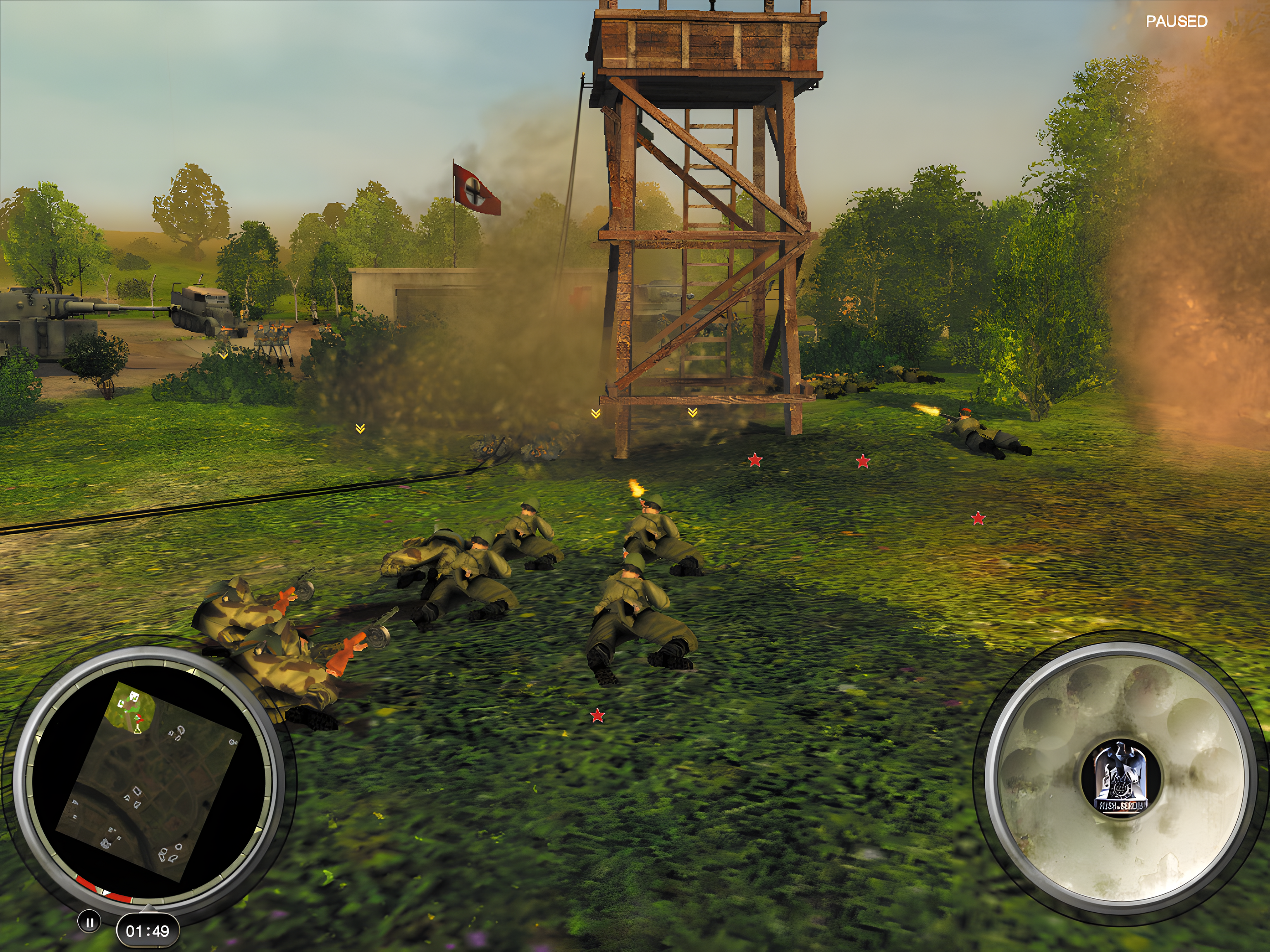
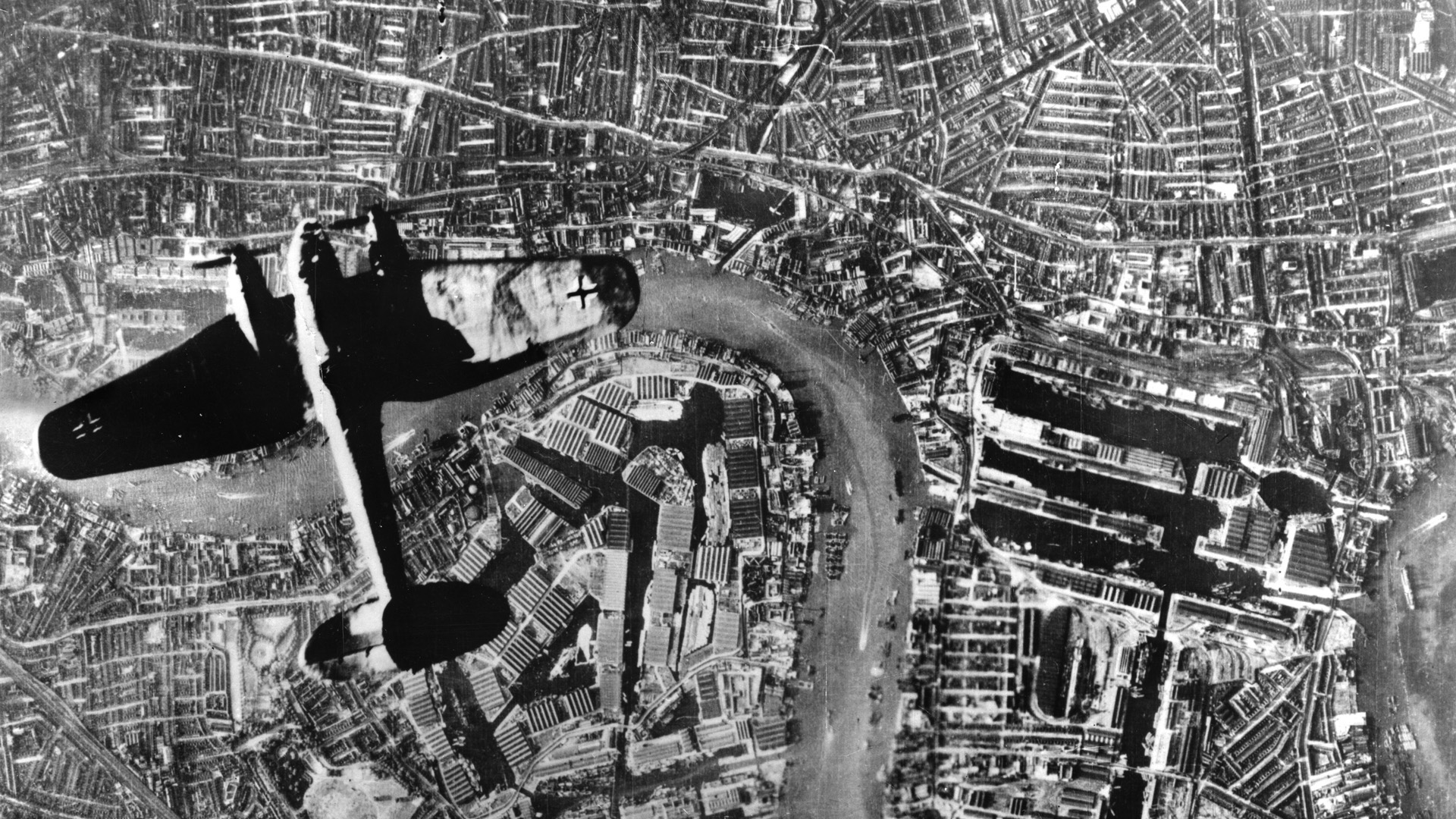
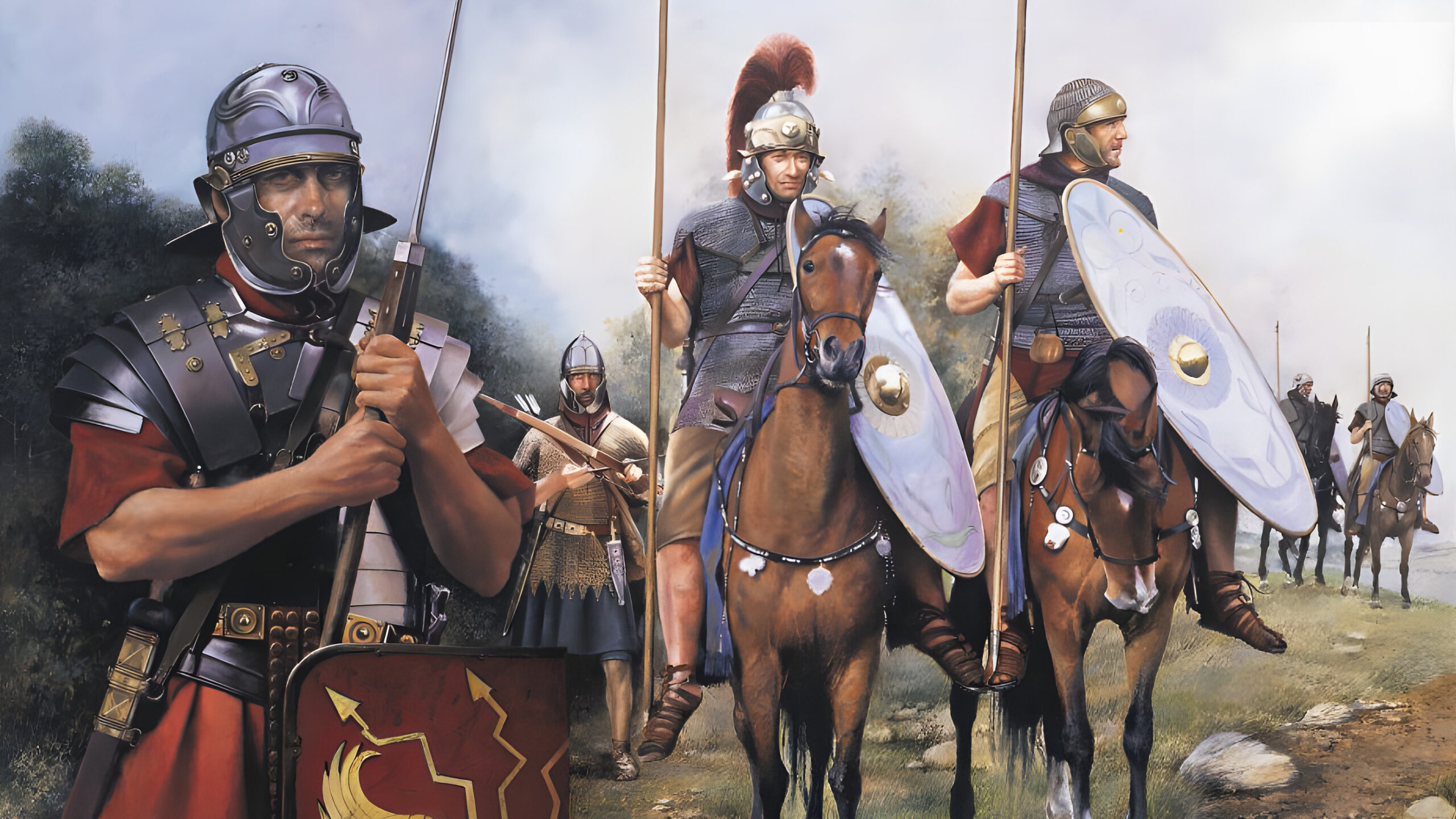
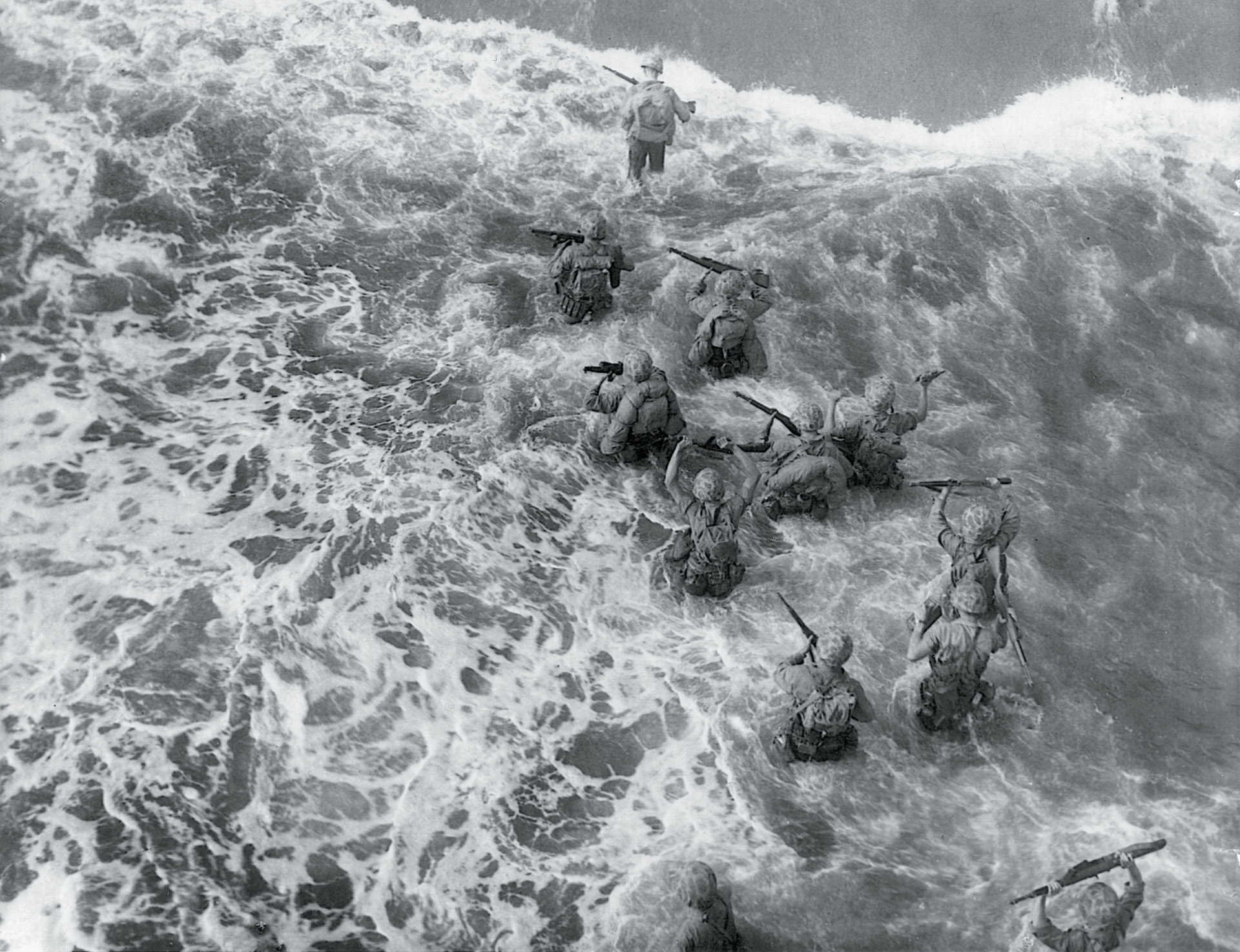
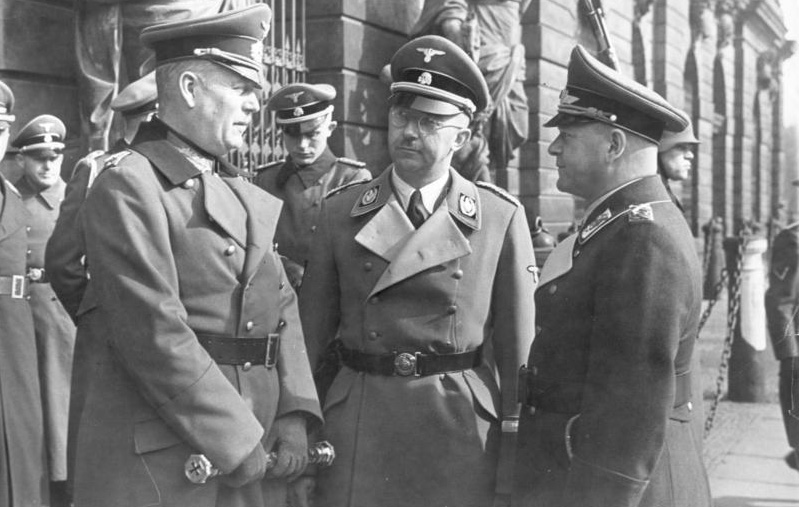
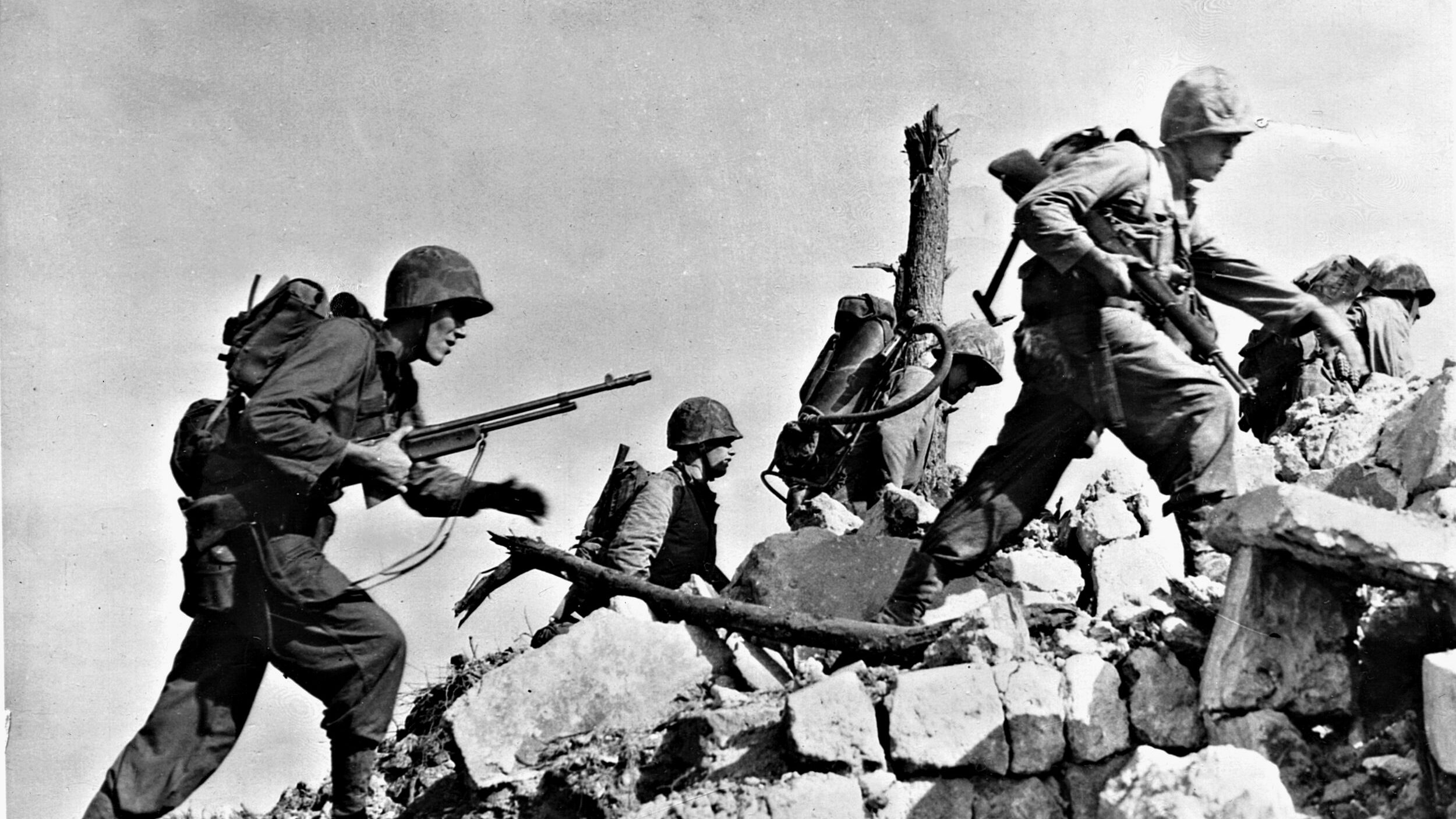
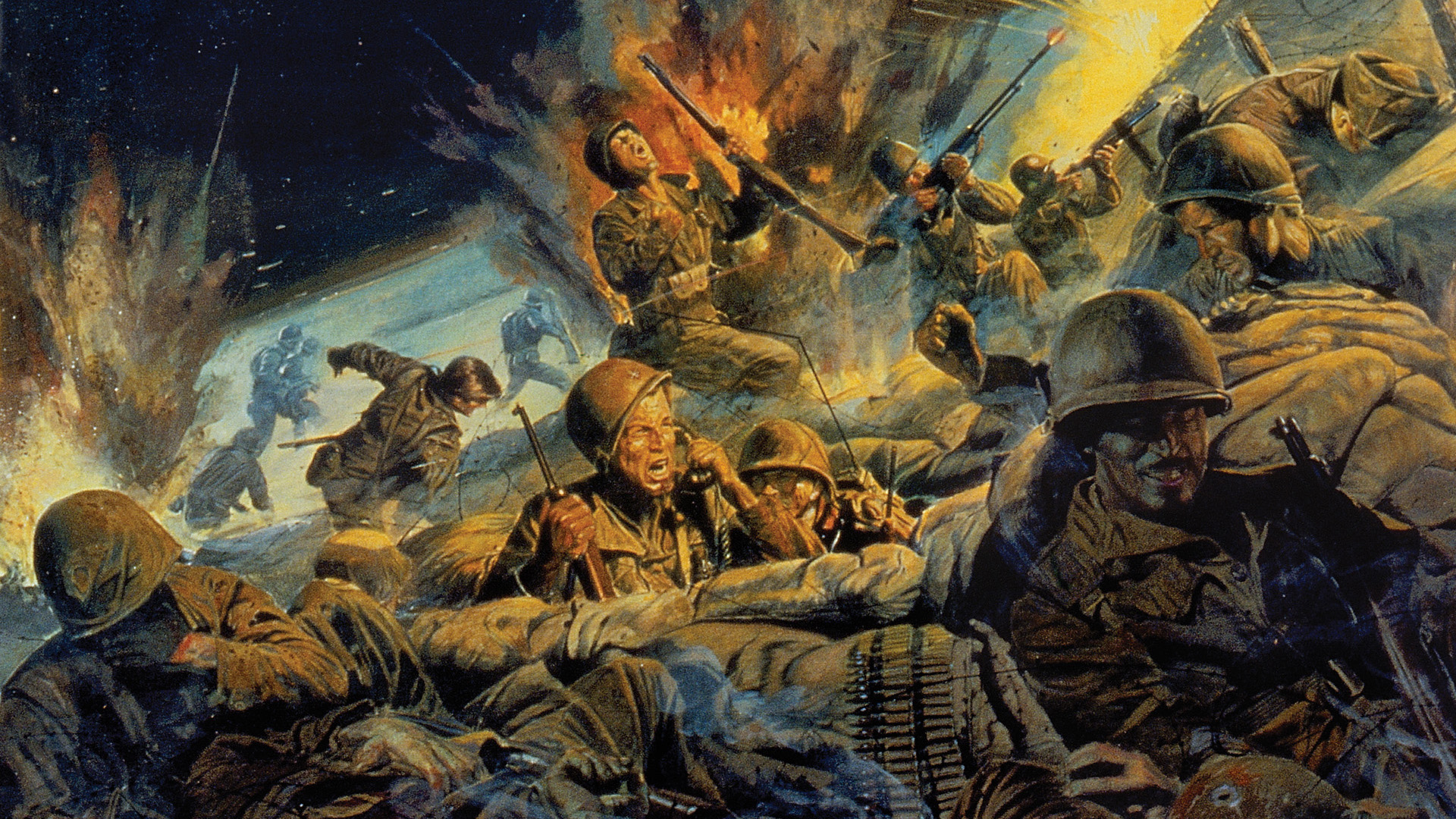
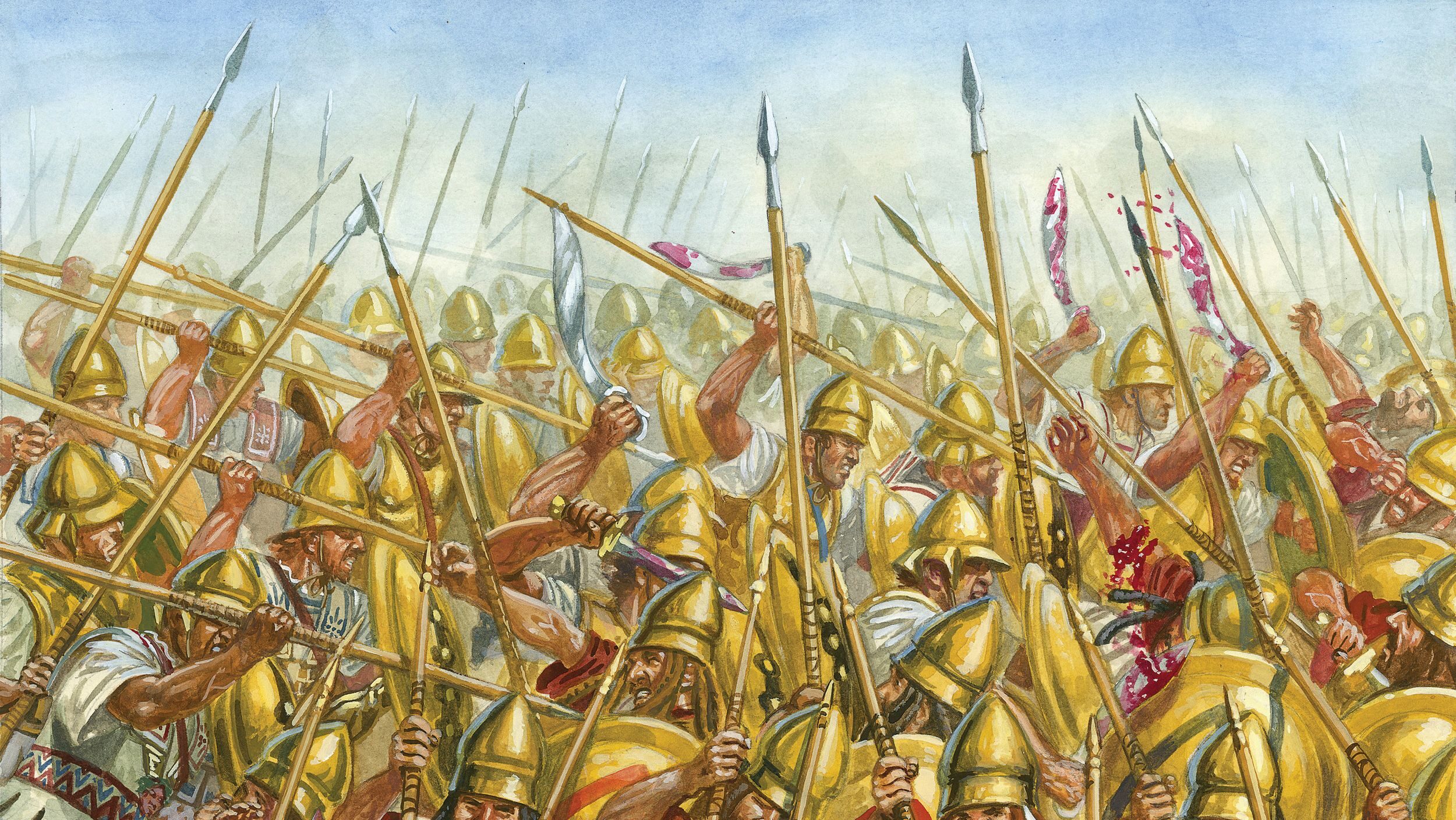
Charles Becker is featured in Herbert Asbury’s book “Gangs of New York.” Becker was a violent rogue cop who played Judge, Jury, and Executioner in The Five Points and other crime ridden neighborhoods at the turn of the century. It is disturbing but not surprising that Police Commissioner Roosevelt chose solidarity with the notorious Becker and permitted the official or unofficial harassment of Crane. Crane was right to fear retribution. Roosevelt was fearful that a noted and respected writer such as Crane could harm or possibly derail Roosevelt’s political ambitions with his pen. Someone once said that all heroes have feet of clay.